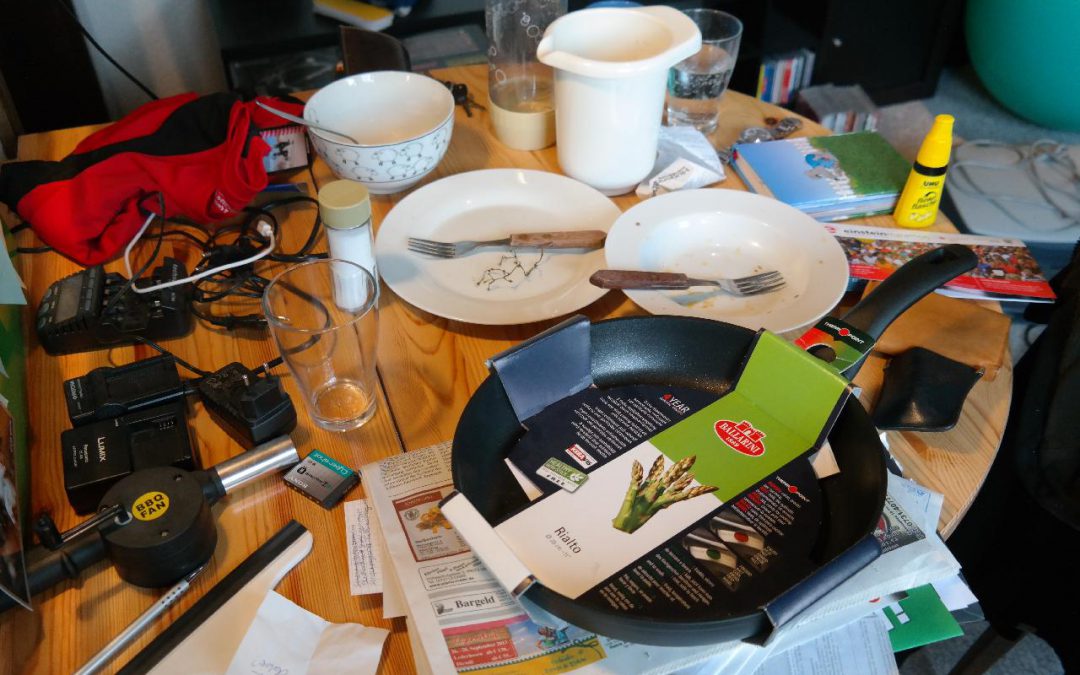 Don’t be an activity packrat by taking on too many commitments for yourself or your family. In general, people’s lives are too busy. If it’s not critical that you do something, then it’s critical that you not do it. Keep your life free of clutter. Take time to fully enjoy what life has to offer.
Don’t be an activity packrat by taking on too many commitments for yourself or your family. In general, people’s lives are too busy. If it’s not critical that you do something, then it’s critical that you not do it. Keep your life free of clutter. Take time to fully enjoy what life has to offer.
Time moves more slowly for children because they are too busy living in the present to be concerned with the future. Be more child-like. Use goals as a tool, but not as a way of life. We will never be able to stop the clock, nor slow the speed at which time is passing. But we are able to make life seem longer by appreciating what we already have instead of spending all our time striving for what we have not. Since work is no longer a place that you go to, but a state of mind it’s easier to become a workaholic these days.
There are several indicators that your life may be getting out of out of balance, including a hectic lifestyle, losing control of your schedule, allowing work to displace family and personal activities, loss of sleep and “down” time, and excessive stress.
Life balance is a blend of work and personal life that is satisfying to the individual and his or her family and significant others. The line between work and home has become blurred, and I realize that you cannot always walk away from your job at 5 PM and not think about it again until 9 AM the next day. But work should never interfere with such things as sleep, exercise, relationships, health, recreation and family.
A statistic in John Cotter’s book, The 20% solution, indicates that the average American works 160 more hours per year than he or she did twenty years ago. An article in the Toronto Star back in 2001 indicated that nearly half of full-time workers surveyed at that time were too busy to take a vacation.
Many people are also too rushed in the morning to pause for breakfast. And a survey mentioned in Valorie Burton’s book, How Did I Get So Busy, revealed that 58% of Americans admit that they skip lunch altogether if they’re too busy. Skipping lunch or breakfast deprives your brain of the energy it needs to function at its best, according to Dr. Brian Morgan of Columbia University College of Physicians and Surgeons.
A CBS documentary on sleep deprivation (60 Minutes) aired on March 16, 2008, indicated that in our lifetime, the amount of sleep the average person gets has decreased from over 8 hours a day to 6.7 hours a day.
The most obvious sign that your life is out of balance is the amount of time spent on work-related activities. A Canadian Health report (from the book, Sleep to be Sexy, Smart & Slim by Ellen Michaud with Julie Bain) claims that more than a half of all employees take work home, 69% check their email from home, 59% check voice mail after hours, 30% get work-related faxes, and 29% keep their cell phones on day and night.
As a result, 46% feel that this work-related intrusion is a stressor and 44% report negative spillover onto their families. According to the book, Redeeming the time by Philip Patterson, total contact time between parents and children has dropped 40% during the last 25 years. And the families are supposed to be the most effective buffer to workplace stress. Eating on the run, taking your smartphone to the beach, being consistently late for personal as well as business events, and not having enough time to exercise are all indicators of a lack of balance.
Getting back in balance usually involves regaining control of your time by being a proactive person instead of reactive, scheduling time for yourself in your planner, simplifying your life, and developing good habits. It may even involve changing jobs, downsizing, moving or whatever. But it’s a process, not an event, and could take months or even years. One way to align your life with your values is to make a list of what’s really important to you, and then make a list of the things you have on your To Do for the next few days and compare the two lists. Most people have too many things on their To Do lists that have nothing to do what’s important or meaningful to them.
It’s also essential that we control our use of technological gadgets. They were originally supposed to give us more leisure time, but instead they make it even easier for us to work all the time – regardless of where we are. Controlling them by turning them off at set times each day will help keep your life in balance. It will also reduce stress – and help you to sleep easier if you’ve been checking email just before bedtime. We try to get more done by cutting back on sleep when studies show that after a good night’s sleep you get more done, with fewer mistakes, because of an increased ability to concentrate.
You will never be able to balance your life as long as you are an activity packrat. So just as a reformed packrat always gets rid of something that a new purchase replaces, so you should never take on another task or activity without getting rid of an equally time-consuming activity in return.


Recent Comments